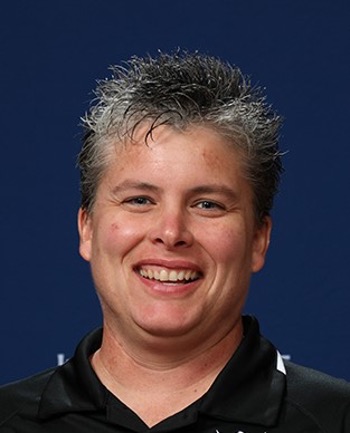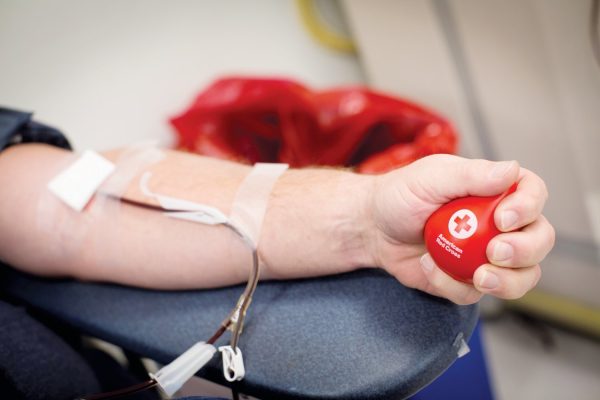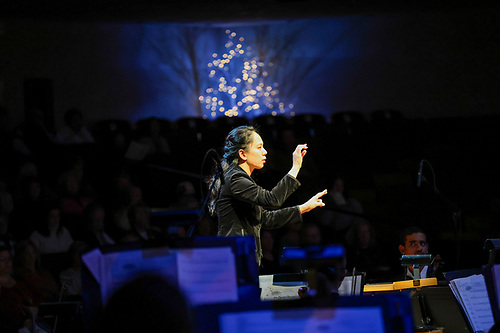Removal and Replacement of the Health Promotion Major

Kris Agena, Assistant Professor of Health Promotion and Exercise Science
This past month, the Luther College faculty voted to remove the health promotion (HP) major and minor from the college’s offered studies, and combine the allied health science and exercise science majors into a new field of study: exercise science.
This is a significant change to the curriculum that will affect current students as well as incoming first-years as they decide on majors and fall classes. Kris Agena, Assistant Professor of Health Promotion and Exercise Science (HPES), provided some background to the decision, citing in particular the recent reduction of faculty in the program. While the removal of the HP major was a recent development, department faculty had begun making changes in 2019.
“We had to drop the Health Teaching, PE Teaching, and athletic training majors,” Agena said. “This led to three majors: Allied Health Science, Exercise Science and Health Promotion.”
While this was a serious alteration at the time, the faculty was optimistic. Associate Professor of HPES and Director of Luther’s Athletic Training Program Brian Solberg thought these 2019 changes would be beneficial, as it brought new focuses to the curriculum.
“The HPES Department is very excited about the new opportunities and experiences offered with the revised curriculum,” a statement from Solberg at the time said. “The new majors and minors address the growing need for professionals in healthcare, human performance, and leadership at the community and national levels.”
HPES reshuffled their department in recent months due to a limited number of faculty members. There were only enough staff to have one comprehensive major, so the faculty decided to drop health promotion. The department could then combine the remaining two majors into the exercise science major with either an allied health science or strength & conditioning track.
“We were told to condense all these majors into one major,” Agena said. “Brian Solberg and I, the only two full time faculty members in the department, can only teach the Allied Health Science and Exercise Science content based on our academic backgrounds, [which] made keeping the health promotion major impossible.”
While this change is shaping a new curriculum for future HPES students, current HP majors or minors not graduating this spring are left with a few different choices. Some are getting credit for now unavailable HP courses with specific arrangements made to meet the requirements they have remaining. The rest of the students were recommended to consider changing their major to exercise science with one of the different focuses offered.
“I feel like this change isn’t terrible, but I also don’t know all the details regarding this decision,” Matthew Benson (‘22) said. “I feel like this major is important and relevant…I have taken nutrition, adaptive physical activity, and kinesiology/biomechanics and I believe all these courses [in] either health promotion or exercise science will benefit me in the future, and are very applicable to the real world.”
There are a number of changes that will come with this shift for HP students, but it will also affect the general education requirement of health and wellness. HP 100, a required course for all Luther graduates, was originally part of the HP program. This course will remain unchanged for now, though during registration for fall semester the Registrar’s Office will have the course listed as HES 100.
While this adjustment in the HPES curriculum has effects on many here at Luther, the new ES program will continue educating Luther students to become trained professionals in their future careers.





